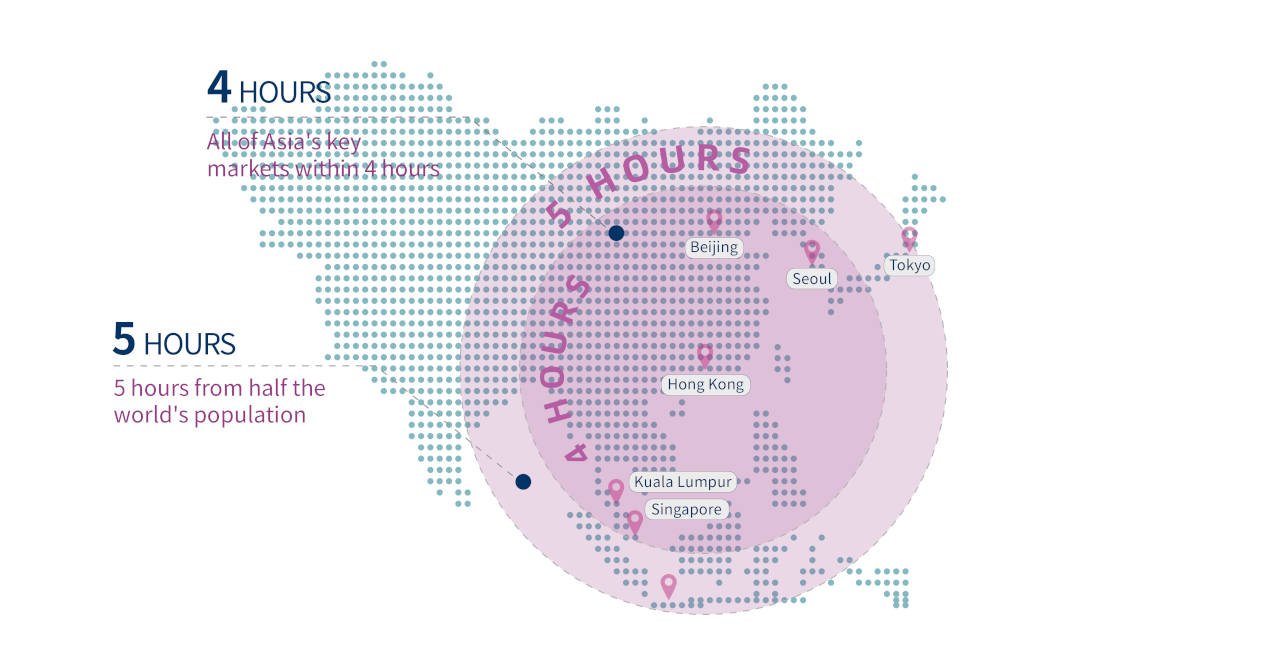As we stand on the precipice of a technological revolution, quantum computing events emerge as pivotal milestones that challenge our existing legal frameworks. These events not only signify advancements in computational power but also raise critical questions regarding their implications for law and regulation. In this analysis, I aim to explore the unique characteristics of quantum computing within the context of public policy and regulatory landscapes.
The Intricacies of Quantum Computing Events in Legal Frameworks
Quantum computing events represent a convergence of cutting-edge technology with complex legal considerations. As these technologies develop, they introduce novel challenges related to data privacy, intellectual property rights, and cybersecurity regulations. The rapid pace at which quantum capabilities are advancing necessitates an agile approach from policymakers who must navigate uncharted territories while ensuring compliance with existing laws. Furthermore, these developments compel us to reconsider foundational principles such as fairness and accountability in light of unprecedented computational abilities.
Find more about data centre china.
Data Centre China: A Case Study in Public Policy and Regulation
The landscape surrounding data centers in China exemplifies how national policies shape the deployment and operation of quantum technologies. China’s strategic emphasis on becoming a global leader in quantum research has led to significant investments aimed at fostering innovation while simultaneously enforcing stringent regulations concerning data security and user privacy. This dual focus creates an environment where businesses must align their operations with both technological advancement goals and regulatory compliance mandates—an intricate balancing act that reflects broader trends seen across various jurisdictions worldwide.
The Characteristics of Data Center Asia within Public Policy Frameworks
In contrast to its Chinese counterpart, Data Center Asia presents a diverse tapestry influenced by varying public policy approaches across different nations. Countries like Singapore have adopted proactive stances towards embracing quantum technology through supportive legislation designed to attract investment while safeguarding consumer interests. However, this is juxtaposed against regions where regulatory uncertainty hampers progress due to outdated frameworks ill-equipped for addressing emerging challenges posed by quantum innovations. Thus, understanding regional differences becomes crucial when analyzing how effectively public policies can adapt to support or hinder advancements within the realm of quantum computing.
A Conclusive Reflection on Quantum Computing Events’ Regulatory Implications

In conclusion, it is evident that quantum computing events possess distinct legal attributes that demand careful consideration from regulators globally. As we witness ongoing developments within this field—particularly concerning data centers—it becomes increasingly important for policymakers to engage proactively with stakeholders across sectors so as not only to foster innovation but also ensure robust protections are established for individuals affected by these transformative technologies. Ultimately, navigating the intersection between rapid technological evolution and sound public policy will be essential if we are to harness the full potential inherent within quantum computing responsibly.

